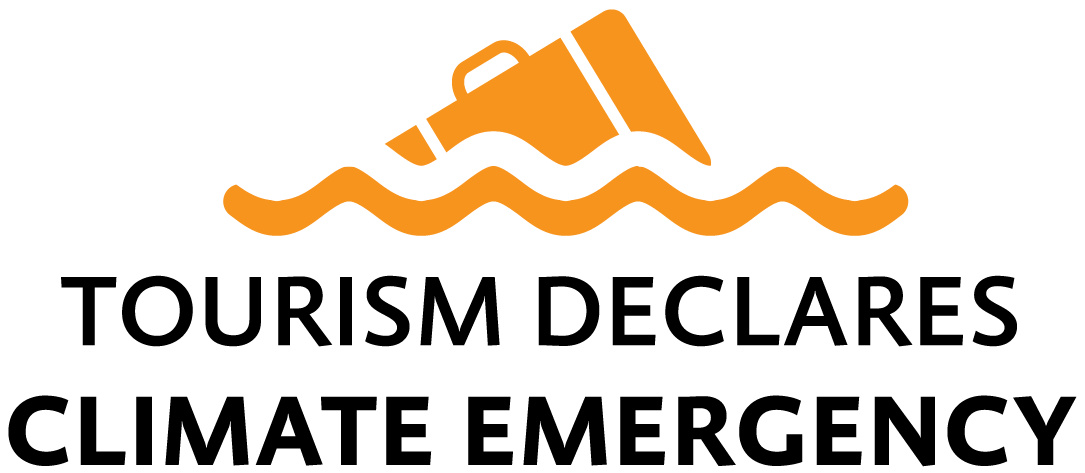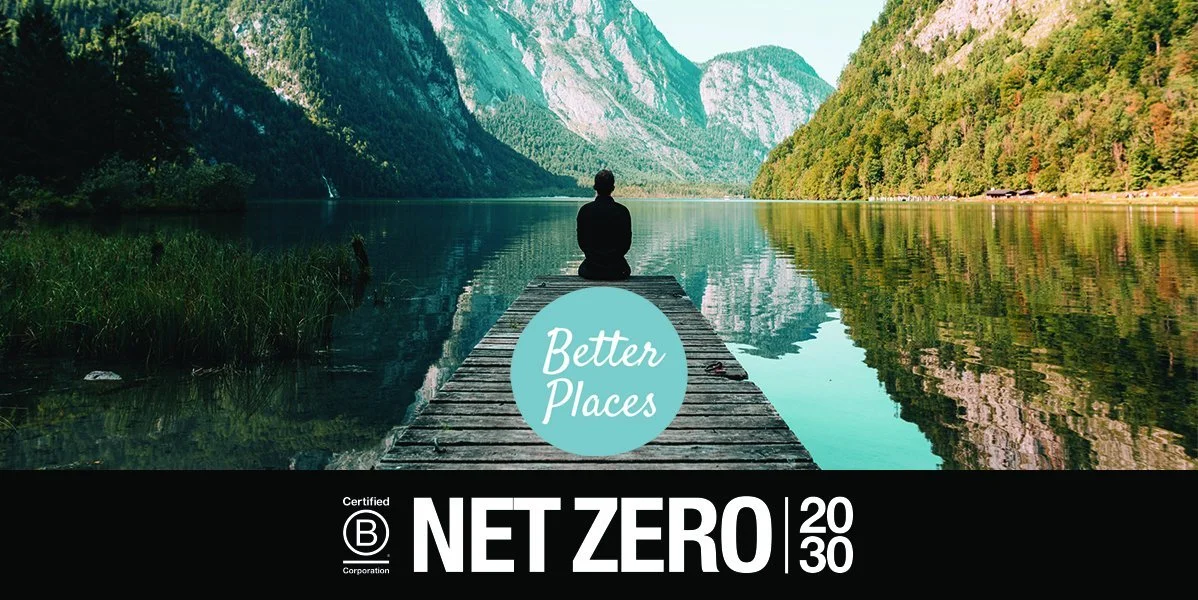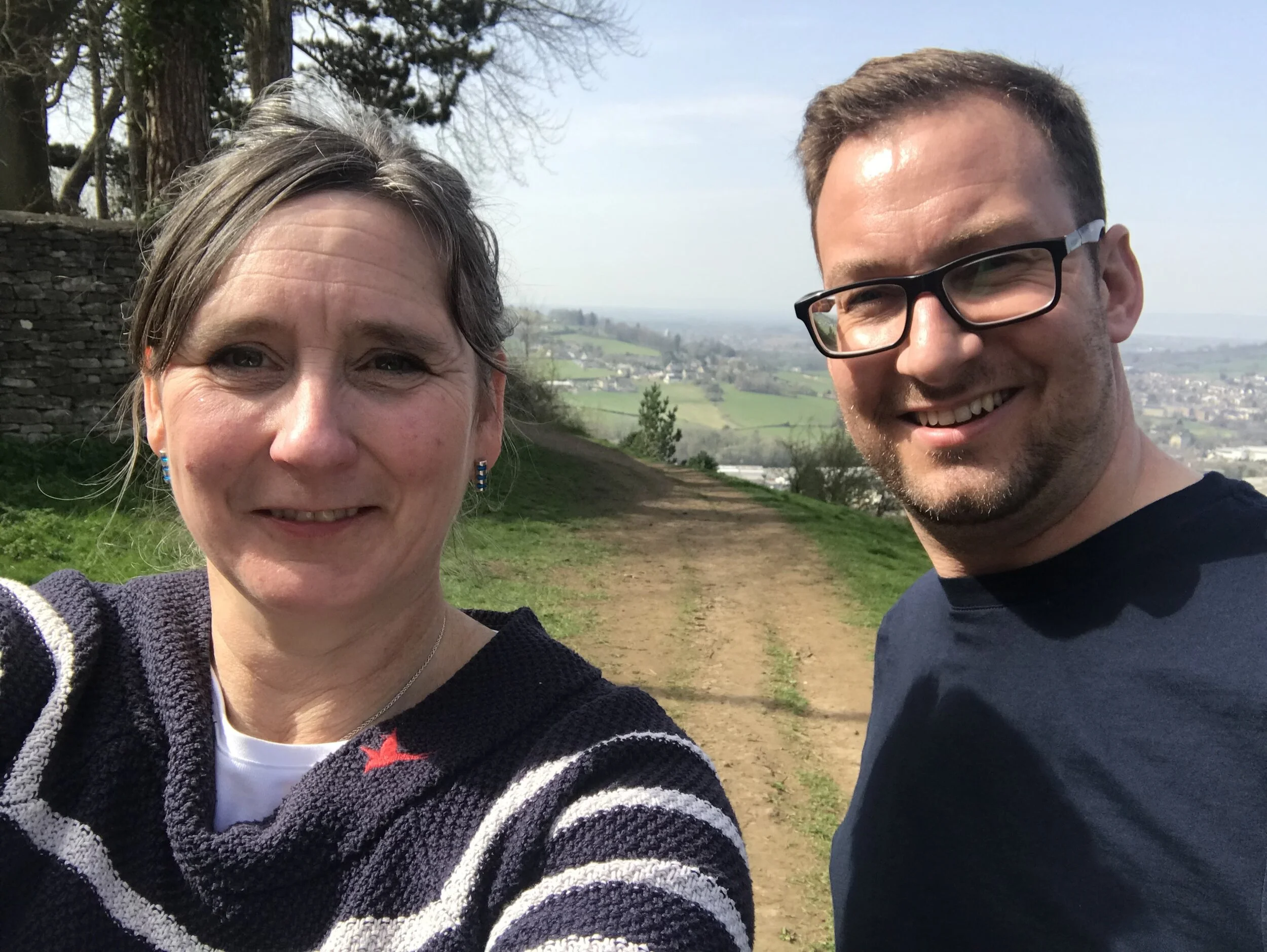Beginning the journey to becoming carbon-neutral, with Oliver's Travels
Oliver’s Travels have already taken their first steps towards becoming a carbon-neutral villa company and aim to become the most environmentally progressive villa company in the world. Here Rebecca talks to the team at Oliver’s Travels to find out more about their journey so far, how they engage with their property owners and why having data is the essential first step towards becoming more sustainable.
REBECCA: What motivated Oliver’s Travels to join Tourism Declares?
OLIVER’S TRAVELS: The climate crisis is a growing concern, with a number of people in our office feeling really passionately about doing more to tackle it in their personal lives. We realised we weren’t doing enough in our business and wanted to do more, so when we heard about the sustainable consultancy firm, ecollective, we set up a chat with Charlie (the founder) to see what we could do together.
He helped us build a large report based on the energy usage stats of our properties, office etc, and created a questionnaire for us to send out to our property owners to understand their individual usage. He also mentioned looking at Tourism Declares as a potential next step. We looked it up and immediately wanted to get involved to show our commitment to the cause, and to learn from peers in our industry, as it is a learning curve for all of us.
REBECCA: What priorities for improvements emerged as a result of your work with sustainability consultants ecollective?
OLIVER’S TRAVELS: As we started communicating with our property owners, we began to realise that so many of them are doing their own thing when it comes to making their properties more sustainable. But we also realised that a lot are interested but don’t necessarily know how to take the steps to begin their journey. So, one of our priorities is to help educate, not only our customers, but also our property owners.
Our report focuses on the areas we can control, or directly influence, but doesn’t focus on the way our clients will travel to our properties. This educational pillar is extremely important in trying to influence a reduction in emissions, such as promoting places you can travel to by train, and how to help offset flight emissions.
Another priority for us is to get more of our property owners involved and aware of the importance of this issue. Initially we didn’t get a lot of property owners responding to us with their energy usage stats for our report, so we simplified the questionnaire we sent them. We believe that by regular communication, educational content, the increased promotion of our sustainable villa collection, and including the questionnaire as part of the owner sign-up process, we can get more information to help us accurately measure and reduce.
REBECCA: In terms of cutting carbon emissions, what have been your key achievements so far, and what solutions are you most proud of?
OLIVER’S TRAVELS: We are most proud of our sustainability report, as it is the backbone of all of our ideas and solutions. Having real data means that we can work towards reducing our emissions in a quantifiable way. We now have the numbers we need to benchmark and measure our progress.
We created a sustainable villa collection as a way of showcasing the properties in our portfolio that are making real steps towards being more sustainable. It was also as a way of encouraging owners to fill out our questionnaire. Being part of the sustainable collection means they can be further promoted and encourage bookings from eco-conscious customers. It also means that we can get more data to measure our emissions more accurately.
We’re also working on adding a lot more product to our UK and France regions, to encourage bookings to properties that customers can travel to more sustainably (e.g. train travel). We know there is a lot more to be done, but now that we have this report, we can see what kind of an impact the changes we’re making is having on our carbon emissions across the business.
REBECCA: What do you envisage will be your main challenges on your journey towards becoming a carbon neutral company?
OLIVER’S TRAVELS: We’ve had some great responses and feedback from customers and property owners, but the main challenge will probably be getting everyone on-board and involved – because we can’t do it alone. We don’t own these properties, so ultimately, it’s up to how passionate our owners and property managers are when it comes to fighting the climate crisis. We can recommend, educate and invest in conservation and rewilding projects at our end, but it will be our villa owners and property managers who will need to make the changes in their properties to help us reduce emissions effectively, and become a carbon-neutral company.
REBECCA: What kind of criteria are used to select the villas for your sustainable collection?
OLIVER’S TRAVELS: We have a checklist of seven points:
Supports the local community (locally owned): The owner of the property lives and pay taxes in the same country that the villa is located in. The idea being that revenue from the villa gets re-invested into the local area.
Supports the local community (promotes local businesses): The property provides details of local businesses and markets that the customers should shop from during their stay, in order to make sure tourism benefits the local community as well as helping customers make good choices.
Protects and conserves local heritage: The property is part of the local culture and heritage of the area and our customers help to fund their upkeep by staying at these places.
Committed to renewable and green energy: The property is actively making steps in order to reduce the carbon footprint of the property in the day-to-day operations of the property.
Promotes sustainable living (vegetable patch, etc): The property has a vegetable patch on its grounds which customers can use in order to help them eat seasonal (low carbon) meals during their stay.
Promotes sustainable living (recycling): The property has clear and easy recycling instructions at the property to help guests reduce amount of waste going to landfill.
Sustainable travel: The property is easily accessible by public transport and provides bicycles free of charge to customers.
To make it into our sustainable collection, the property needs to either tick 4 off the checklist, or tick 3 and have a score of 5 or lower (kg) for the total carbon footprint per day based on full occupancy, per bedroom. It’s worth noting that only the property owners that filled out the sustainability questionnaire will be added to the sustainable collection (provided they meet the criteria).
REBECCA: What are your top tips for owners to make their villas more sustainable, and how do you encourage owners to make these changes?
OLIVER’S TRAVELS: Our top tip is to switch to a renewable energy provider – it’s an easy way to make a big difference. But we also recommend a few larger changes, and smaller ones, in this blog, which we have sent out to owners to help get them thinking about what they can do.
REBECCA: What advice would you give to other accommodation booking platforms that are considering declaring a climate emergency?
OLIVER’S TRAVELS: Before you start anything, get the data! Steer away from ‘greenwashing’ where you talk about how great you are in terms of sustainable tourism, but don’t actually have anything set in place to back that up. Having the data means that you can easily see where you need to improve, you can accurately measure reductions, and it’ll give you the foundation for your environmental strategy.
REBECCA: What kind of practical support has been – and would be – particularly valuable to you in your journey to becoming more sustainable?
OLIVER’S TRAVELS: Hearing tips from other brands within the accommodation sector as well as other parts of the tourism industry, such as case studies on solutions that have really worked, and names of companies that are great to partner with in terms of rewilding, conservation projects etc.
Find out more about Oliver’s Travels here.












Students get access to a range of online modules which they complete alongside the rest of their travel group prior to departure. Two focus on the climate crisis.